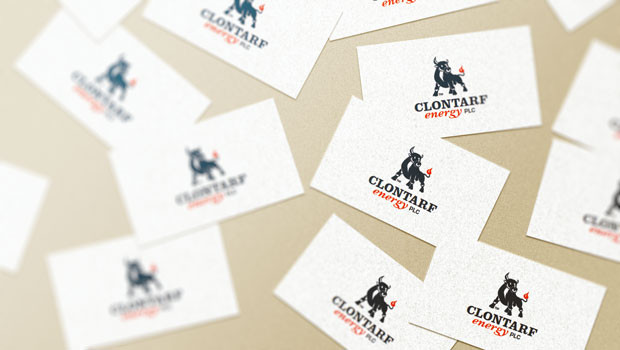Clontarf proposes joint venture to test lithium extraction tech

Clontarf Energy
0.03p
16:55 07/01/25
UK-based oil and gas explorer Clontarf Energy announced a potential 50-50 joint venture with US-based technology company NEXT-ChemX (NCX) on Wednesday.
FTSE AIM All-Share
720.11
16:54 07/01/25
Mining
10,583.04
17:14 07/01/25
The AIM-traded firm said the two companies were looking to collaborate on the testing, marketing, and deploying of NCX's direct lithium ion extraction (DLE) technology in Bolivia.
It said the NCX DLE technology uses the surface area of hollow fibre membranes to extract lithium ions from brines.
The company said it is a continuous process that does not require high pressure, temperature or electrolysis.
It explained that the technology had been proven effective and efficient during laboratory testing, and was considered an innovative approach to direct lithium extraction.
The technology’s purported environmental benefits included limited energy and water consumption, extraction of the targeted ions, and the generation of minimal waste.
It would also be suitable for lithium extraction from Bolivian brines, where evaporative ponds were not optimal due to rainfall conditions, altitude, and magnesium content.
Clontarf was currently in discussions with Bolivia's state-owned lithium company, YLB, to test NCX's DLE membrane technology on priority brines, which could include identified salares on which preliminary samples had been taken.
Negotiations with the proper authorities covering the source and volumes of brines to be processed and commercial terms were expected to follow successful pilot plant operation, subject to regulations.
The firm said the pilot plant testing and extraction would start in March, including both preliminary testing and pilot operations, with results expected by May.
It said the formation of a joint venture remained subject to final due diligence, with the parties set to enter into formal documentation within the next 30 days.
NCX was currently assembling a pilot plant in Texas to test large volumes of brines, moving towards feasibility and commercialisation.
The plant would test around 1,000 litres of each specific brine, with an overall 20,000 litre trial run size, allowing a customised NCX DLE commercial system to be assembled in modular form and placed on site for field testing.
“The world needs a dramatic increase in battery grade lithium salts output,” said Clontarf chairman David Horgan.
“Projected global demand cannot be delivered without major Bolivian output.
“The delay has been the shortcomings of evaporative ponds at high altitude, some rainfall and impurity levels.”
Horgan said the company believed such constraints could be bypassed through the use of “innovative” technology.
“In minimising environmental impact, we have worked to reduce water use by 95%, and minimise the footprint of on-site operations.
“Any Bolivian operations will conform with applicable laws, in partnership with the State Lithium Company, and respect high international operating standards.”
At 1626 GMT, shares in Clontarf Energy were up 49.2% at 0.11p.
Reporting by Josh White for Sharecast.com.